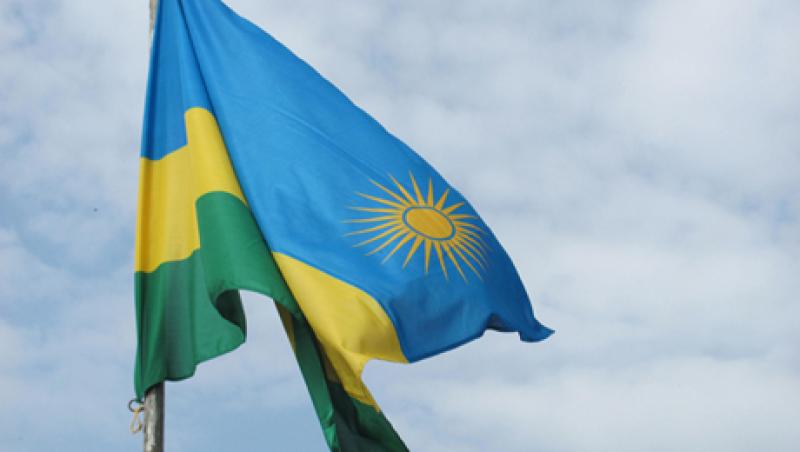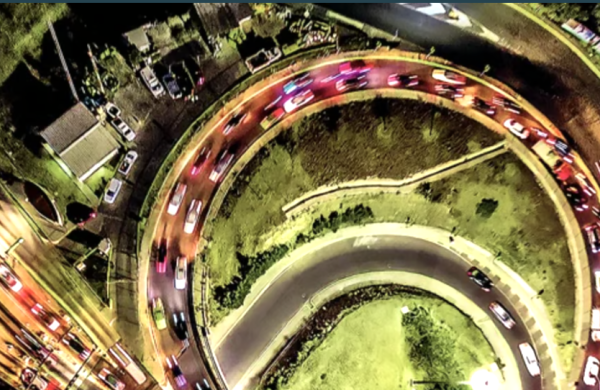It has been a rough year for sellers of stock almost everywhere, except maybe Rwanda.
Rwanda?
The landlocked East African country’s fledgling stock market hosted its first two initial public offerings earlier this year, both of them heavily oversubscribed. Rwanda’s dominant brewery, Bralirwa, sold 25 percent of its shares for $29.5 million in February. Top financial institution Bank of Kigali raised $62.5 million for a 45 percent stake in August.
These were just two of the achievements that Rwandan Finance Minister John Rwangombwa could boast about when he visited the International Monetary Fund / World Bank annual meeting in Washington last weekend. His mountainous country of 11 million, best known for a tribal genocide campaign that killed as many as 1 million people in 1994, is on a reform path that accelerated when the Dutch-educated economist joined the cabinet two years ago.
Rwanda is now the third-most-competitive economy in Africa after South Africa and tourist haven Mauritius, according to the World Economic Forum. It improved more than any other country in the world last year last year for ease of doing business, according to a World Bank ranking. “Our policies are based on fiscal discipline and cutting red tape to promote private sector growth,” Rwangombwa tells Institutional Investor during a break in the IMF meetings. “You can open a business now online.”
Rwanda aims to become a technology and financial hub servicing a broader East African region of 150 million, including more-populous neighbors such as the Democratic Republic of the Congo and Burundi, the finance minister says. The government is laying fiber-optic cable across the country and has persuaded the U.S.’s Carnegie Mellon University to open a graduate engineering program on its soil. “Rwanda was named East Africa’s leading ICT [information and communications technology] nation by the U.N. with heavy investments in technology infrastructure,” a university statement explained.
Reformist energy helped carry Rwanda through the global economic crisis, Rwangombwa says, even though exports, led by minerals and tea, dropped by one quarter in 2009 and top currency earner tourism has slackened. Economic growth skidded from 11 percent in 2008 to 4 percent in 2009, then rebounded to 6.5 percent last year, near its ten-year average.
One big fan of Rwanda is Lado Gurgenidze, ex–prime minister of the former Soviet republic of Georgia and now chairman of Bank of Kigali. The country’s determination to reinvent itself reminds him of his own nation, which blossomed under radical market reforms after the so-called Rose Revolution of seven years ago. “Doing business in Rwanda is straightforward and gets progressively easier,” Gurgenidze tells II. “Something rather unique is afoot in Rwanda, not dissimilar to the transformation of Georgia after 2004.”
Rwangombwa says his government’s strategic goal is to turn Rwanda into a middle-income country by 2020. That seems too much to expect. Per capita gross domestic product is just $1,100 per year, compared with $6,200 in Egypt, for example. Nine out of ten Rwandans still eke out a living on small farms. Foreign aid from the World Bank, European Union and elsewhere makes up 40 percent of the national budget, about $800 million, though that is down from 60 percent a few years ago.
Still, amid the gloom that gripped the world financial elite at this year’s IMF/World Bank meeting, it is comforting to see some light spreading.






